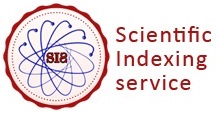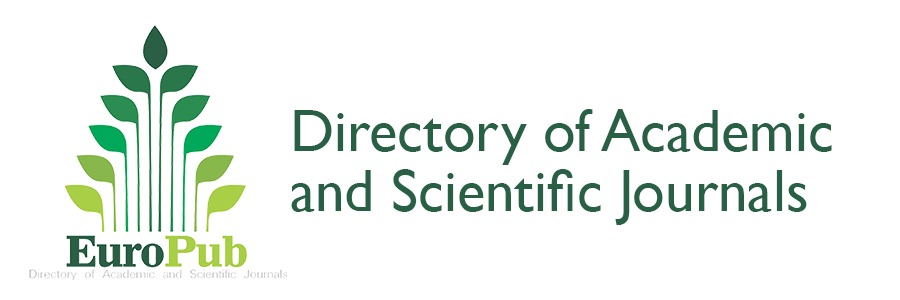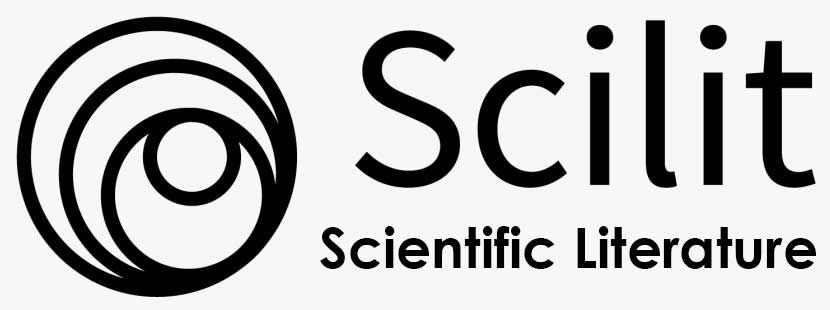Duties and Responsibilities
Editorial Board
Renowned subject matter experts will be selected to serve on the editorial board. On the journal webpage, the editor will include the members' complete names and affiliations along with the most recent contact details for the editorial office.
Publication decisions
The responsibility of deciding which of the submitted papers should be published falls under the jurisdiction of the editor. Such decisions must consistently be grounded in the validity of the work in question and its significance to readers and scholars. In addition to adhering to legal restrictions and avoiding issues such as copyright infringement and plagiarism, the editor may consider the policies set by the journal's editorial board. In making this decision, the editor may consult with other editors or reviewers.
Peer review process
Review of Policy and Process
A full double peer review process is used that comprises the following steps:
All submitted papers are first examined by the Editor of the National Journal of Life and Health Sciences (NJLHS) for the initial review. The editor may assign an Assistant/Associate Editors to review the quality and scope of the submitted manuscript. Editors/associate editors make sure that the submitted manuscript is as per the mentioned instructions for the author and meets the objectives and scope of the journal. In case the submitted manuscript does not meet the journal criteria, the paper is rejected and the author (s) are notified via email.
In case the manuscript meets the set criteria, then the editor or associate/assistant editors send the article for the further double review process. Each manuscript will be reviewed by at least 02 either National and International potential relevant reviewers with a peer review policy of the journal.
The reviewers' recommendations determine whether a manuscript is accepted/accepted subject to revisions/ re submission for review after significant revisions/submission rejected.
Authors are notified about the expert opinion and recommendations of reviewers and they are asked for a revised draft of the manuscript with all incorporations/modifications and omissions as suggested by the reviewers.
For the papers which require only revisions, the Associate or Technical editor will re-review the paper for ensuring that the reviewer’s suggestions have been incorporated or not.
Papers that require resubmission for review, will undergo the Second Round of review by the same or different reviewers to ensure that the quality of the revised paper is acceptable.
After final Acceptance, the Author/Corresponding author will be notified and the paper will be forwarded to the editor for copy-editing, layout editing, and proofreading.
Fair play
Editors should evaluate manuscripts solely based on their intellectual merit, disregarding the writers' political philosophies, ethnicity, gender, sexual orientation, or place of birth. In selecting a manuscript for publication, editors should only consider the significance of the work, its uniqueness and clarity, and how well it aligns with the journal's objectives.
Digital Archiving
The editor ensures that academic indexes can access the journal's material digitally.
Confidentiality
The corresponding author, reviewers, prospective reviewers, other editorial consultants, and the publisher are the only parties to whom the editor and any editorial staff may disclose information regarding a submitted manuscript. Editors will ensure that submitted material is kept confidential while undergoing the review process.
Disclosure and conflicts of interest
Editors are prohibited from using unpublished materials from a submitted paper in their research without the author's explicit written consent. Privileged knowledge or ideas obtained through peer review must be kept confidential and not utilized for personal gain. Editors should refrain from reviewing manuscripts if they have a conflict of interest arising from competitive, collaborative, or other relationships with authors, companies, or institutions associated with the papers. Editors must ensure that all authors disclose any relevant conflicting interests, and if such interests are discovered after publication, editors should require authors to provide revisions./p
Procedures for dealing with unethical behavior
When ethical objections are raised regarding a submitted manuscript or a published piece, the editor should take appropriate remedial action in collaboration with the publisher. Methods to address misconduct may include reaching out to the author of the manuscript or article, considering the complaint or allegations, and engaging with relevant institutions and research bodies based on the severity of the misconduct.
Minor transgressions may be addressed without the need for broader consultation. In any case, the author should have the opportunity to respond to any claims. Serious misconduct may result in one or more of the following measures:
· Informing or educating authors or reviewers about misunderstandings or misapplication of appropriate standards.
· Publishing an official notice outlining the offense.
· Submitting a formal letter to the author's or reviewer's department or funding organization.
· Formally retracting or withdrawing a publication from a journal and notifying the author or reviewer's department head.
· Implementing a formal embargo on individual contributions for a specified period.

























